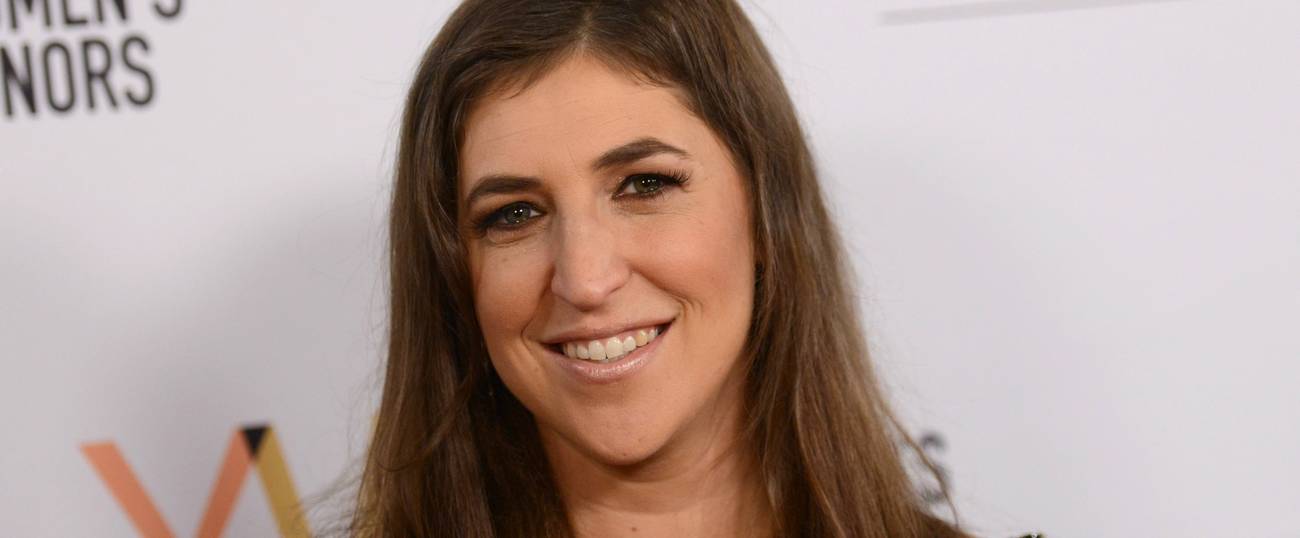Mayim Bialik: ‘We Have to Stop Calling Women Girls’
The feminist neuroscientist and The Big Bang Theory actress wants you to know how much your ‘language matters’




My mother, a feisty Jewish feminist nearing 60, recently told me a story about going on a walk with her older sister, and being greeted by a gentleman who said, “Hi, girls.” According to my mother, she looked at her sister, and the two of them laughed disbelievingly. How else to respond?
Mayim Bialik has a few ideas. In a video that is currently making the rounds on social media, the Jewish actress, neuroscientist, and Tablet contributor tackles precisely this obnoxious phenomenon, giving the internet a much-needed reminder that “language matters.” With humor, she critiques the annoying (if not necessarily ill-intentioned) habit that some men have of referring to women as “girls,” and explains in simple terms why it is problematic.
Bialik, who grew up attending a Reform temple but now identifies as Modern Orthodox, has spoken openly about the struggles of having a strong religious identity in Hollywood, including issues of particular concern to Jewish feminists, such as tznius (modesty) and the red carpet. In the new video, she tells viewers, “When we use words to describe adult women that are typically used to describe children, it changes the way we view women, even unconsciously, so that we don’t equate them with adult men. In fact, it implies that they are inferior to men.”
“We never call men boys, because it’s demeaning and it’s emasculating,” Bialik points out. Calling women “girls” enforces a hierarchical societal structure, she says. She then offers a few possible responses to men who refer to women in this “outdated and insensitive” manner. “I’ve found a few ways to do this that only make people hate me after I walk away,” she says, and then explains how she slips these reminders into conversation. No remorse.
Because, as Bialik says, “maybe if we start using language that elevates women and doesn’t equate them as sweet, small, cuddly, tender things we’ll start treating them as more than that as well.”
Miranda Cooper is an editorial intern at Tablet. Follow her on Twitter here.